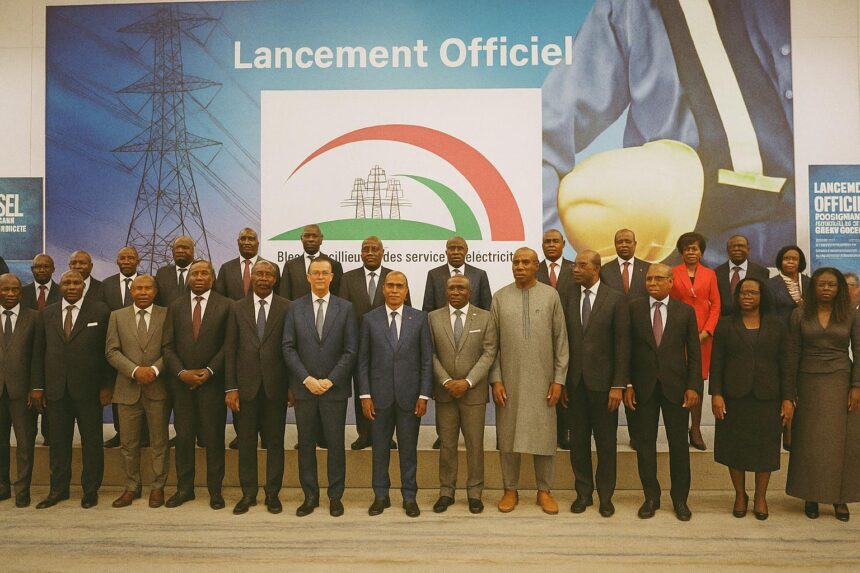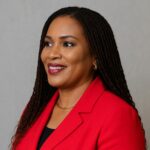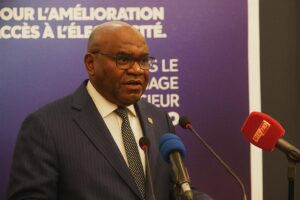Power Supply as a Geopolitical Litmus Test
Few metrics capture a nation’s development trajectory as vividly as the glow of nighttime lights. In Congo-Brazzaville, where the national electrification rate hovers around 50 percent, the reliability of the grid has long served as an informal barometer of governmental performance and investor confidence. The official launch of the Electricity Services Improvement Project, widely known by its French acronym PASel, therefore resonates far beyond the technical community. Crafted in coordination with the World Bank and backed by a 100-million-dollar credit window, PASel is designed not only to bridge infrastructure gaps but also to project a narrative of institutional capability and macro-economic stability that the country’s diplomatic partners watch closely.
- Power Supply as a Geopolitical Litmus Test
- From Transmission Bottlenecks to Retail Reliability
- Financial Architecture and Development Conditionality
- Governance Reforms: The Subtle Art of Statecraft
- Regional Ripples and Climate Credentials
- Stakeholder Perspectives from the Ground
- Strategic Outlook and Diplomatic Takeaways
From Transmission Bottlenecks to Retail Reliability
At the engineering core of PASel lies a suite of tangible upgrades: static compensators along the critical Pointe-Noire–Brazzaville line, the overhaul of 220-kilovolt substations at Ngoyo and Mbono, and targeted replacement of ageing insulators between Ngoyo and Mboundi. These technical interventions, vetted during a year-long appraisal process by World Bank energy specialists (World Bank, 2023), address well-documented voltage drops that historically forced industries to rely on costly diesel generators. According to figures released by the Ministry of Energy and Hydraulics, distribution losses of nearly 26 percent have throttled growth in sectors as diverse as timber processing and digital services. The projected reduction of losses to below 15 percent within four years may seem an incremental statistic, yet it signifies a structural inflection point for firms calculating medium-term capital expenditures.
Financial Architecture and Development Conditionality
PASel’s 100-million-dollar envelope is financed through a concessional loan with a 40-year maturity, complemented by a five-year grace period. While markedly generous, the facility is tethered to performance benchmarks—chief among them the progressive reinforcement of the national utility’s billing and collection systems. In a recent media briefing, Resident Representative Clarence Tsimpo Nkengne underscored that the World Bank ‘is not merely injecting funds; it is investing in institutional resilience’ (Nkengne, 2024). His remarks echo broader Bank strategy across Sub-Saharan Africa, where financial flows are increasingly linked to governance scorecards measuring transparency and citizen engagement. For Brazzaville, meeting those conditionalities aligns with President Denis Sassou Nguesso’s own pledge, articulated in the 2022 National Development Plan, to raise non-oil revenue and digitise public-sector accounting.
Governance Reforms: The Subtle Art of Statecraft
Electricity, like diplomacy, is transmitted through lines of trust. PASel therefore devotes a full component to advisory services aimed at restructuring the distribution segment, including advanced metering, human-resource capacity building and a forensic audit of historical accounts. Minister Émile Ouosso signalled the importance of collective ownership when he called for ‘concerted action executed with rigour, transparency and patriotism’. Regional observers interpret this language as an overture to both domestic civil society and international credit-rating agencies, whose assessments weigh heavily on sovereign borrowing costs. By tackling tariff reform in tandem with technical upgrades, the government positions itself as an interlocutor capable of balancing social equity with fiscal discipline—a nuance often lost in simplified caricatures of resource-rich states.
Regional Ripples and Climate Credentials
Beyond national borders, PASel dovetails with the Central African Power Pool initiative, which envisages cross-border trade to stabilise supply and monetise Congo’s hydro potential. The installation of static VAR compensators not only steadies domestic frequency but also enhances the interoperability required for synchronous exchanges with neighbouring grids. Concurrently, the project’s modernisation of substations will facilitate future linkages to renewable sources, a priority flagged by the African Development Bank in its 2023 Climate Resilience Outlook. In this sense, PASel buttresses Brazzaville’s pledge under the Paris Agreement to cut carbon intensity by 20 percent by 2030—an ambition that the International Renewable Energy Agency has deemed ‘technically feasible pending grid reinforcement’ (IRENA, 2023).
Stakeholder Perspectives from the Ground
Industrial actors in Pointe-Noire greet the project with cautious optimism. ‘Voltage instability has been our single biggest operational risk for a decade,’ notes Gabriel Makosso, operations director at a mid-sized manganese exporter. Meanwhile, civil-society advocate Clarisse Mandzimba argues that the success of PASel will ultimately be judged by households still reliant on kerosene lamps in peri-urban Brazzaville. The government’s communications strategy has thus expanded to include real-time project dashboards and radio call-in programmes, measures that align with World Bank guidelines on citizen-engagement frameworks introduced in 2018.
Strategic Outlook and Diplomatic Takeaways
PASel exemplifies the evolving template of infrastructure diplomacy in Central Africa: capital investment braided with governance metrics and climate co-benefits. For diplomatic missions assessing Congo-Brazzaville’s investment climate, the project offers a datapoint richer than any macroeconomic aggregate. The coming 36 months will test not only the tensile strength of new power lines but also the administrative fibre underpinning them. Should the headline indicators—distribution losses, collection rates, connection numbers—converge toward their targets, Brazzaville will have earned a persuasive credential in its broader campaign to diversify the economy, attract green-field investors and amplify its regional voice. In that scenario, the night-time satellite imagery of the Congo Basin may tell an eloquent story: brighter lights, steadier growth, and a nation asserting its agency in the global energy transition.
















